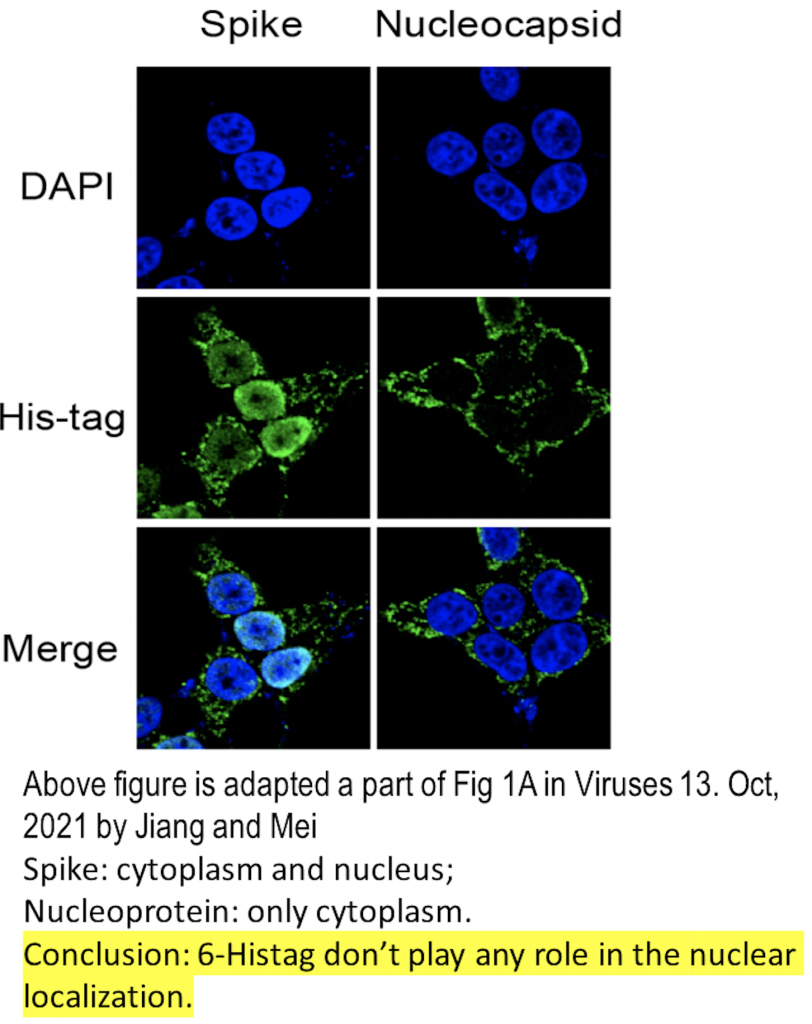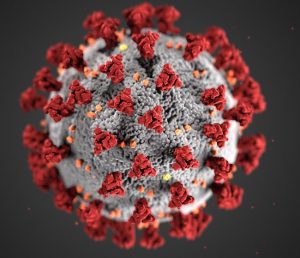It took about five months, but a virology journal has retracted a paper on the microbe that causes COVID-19 after tagging it with an expression of concern back in December.
As we reported then, the paper, “SARS–CoV–2 Spike Impairs DNA Damage Repair and Inhibits V(D)J Recombination In Vitro,” was a hit with vaccine skeptics who used the article to buttress their claims that Covid vaccines are unsafe.
The paper, which appeared in MDPI’s Viruses, generated enough buzz on social media and in the news to make it into the top 5% of all articles tracked by Altmetric. This Week in Virology, a podcast on, well, virology, devoted part of an episode of the show to deconstructing the findings.
But as the journal noted last year:
One of the authors has raised concerns regarding the methodology employed in the study, the conclusions drawn and the insufficient consideration of laboratory staff and resources.
In order to keep the highest scientific standards, an in-depth investigation is initiated by the responsible editors together with the journal’s editorial office in collaboration with the editorial board, and in accordance with the Committee on Publication Ethics (COPE) guidance. The article will be updated and any necessary corrections made at the conclusion of the investigation process.
That update has arrived:
The published article [1] has been retracted. Following publication, the first author contacted the editorial office regarding an improper experimental design with the potential to significantly affect the integrity of the resultant experimental data.
Adhering to our complaint procedure, an investigation was conducted. Both the chosen construct of the spike plasmid that contained a C-terminal fused with 6xHis tag and use of a GFP reporter system under overexpression conditions in the protocol were identified as having the potential to introduce significant ambiguity regarding the nature of the reported observations. The reliability of the results and conclusions presented have therefore been undermined. Furthermore, statements regarding the effect of the spike protein on the adaptive immunity are misleading as in this article no experiments related to the adaptive immunity were performed, and the full-length spike-based vaccine was not studied. Therefore, conclusions related to vaccine safety are not validated and lacked experimental support. This article [1] is retracted and shall be marked accordingly. This retraction was approved by the Editor-in-Chief of the journal Viruses.
The authors did not immediately respond to a request for comment. [See update at the end of the post.]
The paper has been cited seven times, including at least twice since the appearance of the expression of concern, according to Clarivate Analytics’ Web of Science.
That makes 226 retractions of COVID-19 papers by our count.
Update, 5/13/22, 1230 UTC: Co-author Ya-Fang Mei tells us he “absolutely” disagrees with the retraction
due to false information in the reasons for retraction. In our original article, 6-Histaged Spike at nucleus and cytoplasm and nucleoprotein at cytoplasm. If 6-histag affect the localization, the nucleoprotein should be also in nucleus. Consequently, 6-histag don’t affect the nuclear localization.

If the 6-His tag would cause nuclear localisation, hundreds of papers would be wrong on protein biology, and they would be retracted before our article. Thus, this retraction reason is indeed ridiculous.
I am expecting the reviewers in Editorial board will be getting stronger in their perspectives and knowledge.
Like Retraction Watch? You can make a one-time tax-deductible contribution by PayPal or by Square, or a monthly tax-deductible donation by Paypal to support our work, follow us on Twitter, like us on Facebook, add us to your RSS reader, or subscribe to our daily digest. If you find a retraction that’s not in our database, you can let us know here. For comments or feedback, email us at [email protected].

Typical side effect of Covid-19 and a part of covidization deluge, dilettante noise polluting the headspace, particularly regrettable in times where science really needs to step up. Altmetrics through the roof, thanks to Twitter, virtually no attention from actual scientists. It will be years before the covidization effects in scientific publishing would dissipate.
Follow up general comment to people who complain about “perspectives and knowledge” of Editors at MDPI, Frontiers, etc: send your research effluent to Nature, Cell, and Science, and see if you get published there.
The practice of retracting new studies because they have not been “validated” reveals utter contempt for the scientific process, and is biased in its use as a criterion for retraction of studies that go against the official narrative. Generalize your maxims: If all new studies with new results are “not validated”, then all new studies with new results should be retracted? Same for new methods: why, all of a sudden, are existing methods (laboratory and data analysis) seen as fixed standards? Is this the death of the development of new assays? Will we never see new, superior methods of analysis?
That’s ignorant hubris. I have no confidence in RW as unbiased. We should expect more rational discourse, with peer-review of statements of concern as letters to the Editor, followed by a retort by the authors. If the authors agree, they should withdraw or retract their paper: their choice. Errors can be corrected with Errata, and corrections to important terminology corrected with Corrigenda. Journals should only retract in clear cases of fraud, such as the criminally fraudulent studies on Ivermectin. https://www.science.org/content/article/two-elite-medical-journals-retract-coronavirus-papers-over-data-integrity-questions?cookieSet=1
The current abuse of retraction share traits with book-burning.
This retraction watch article should be retracted due to false reporting. The retraction notice misleadingly states that “Following publication, the first author contacted the editorial office,” which misleads the reader to believe that the the first author of the paper (Jiang) felt it should be retracted due to problems with the methodology & conclusions of his own paper.
But in fact, it is the first author of the letter of concern that was written to the journal. That would be Eric Freed of the NIH. The other author is Oliver Shildgen, who was the academic editor of the journal in which the paper was published.
Don’t believe me? Contact Oliver Shildgen to confirm. Then correct your article and apologize for misleading your readers.
https://arkmedic.substack.com/p/welcome-to-gilead